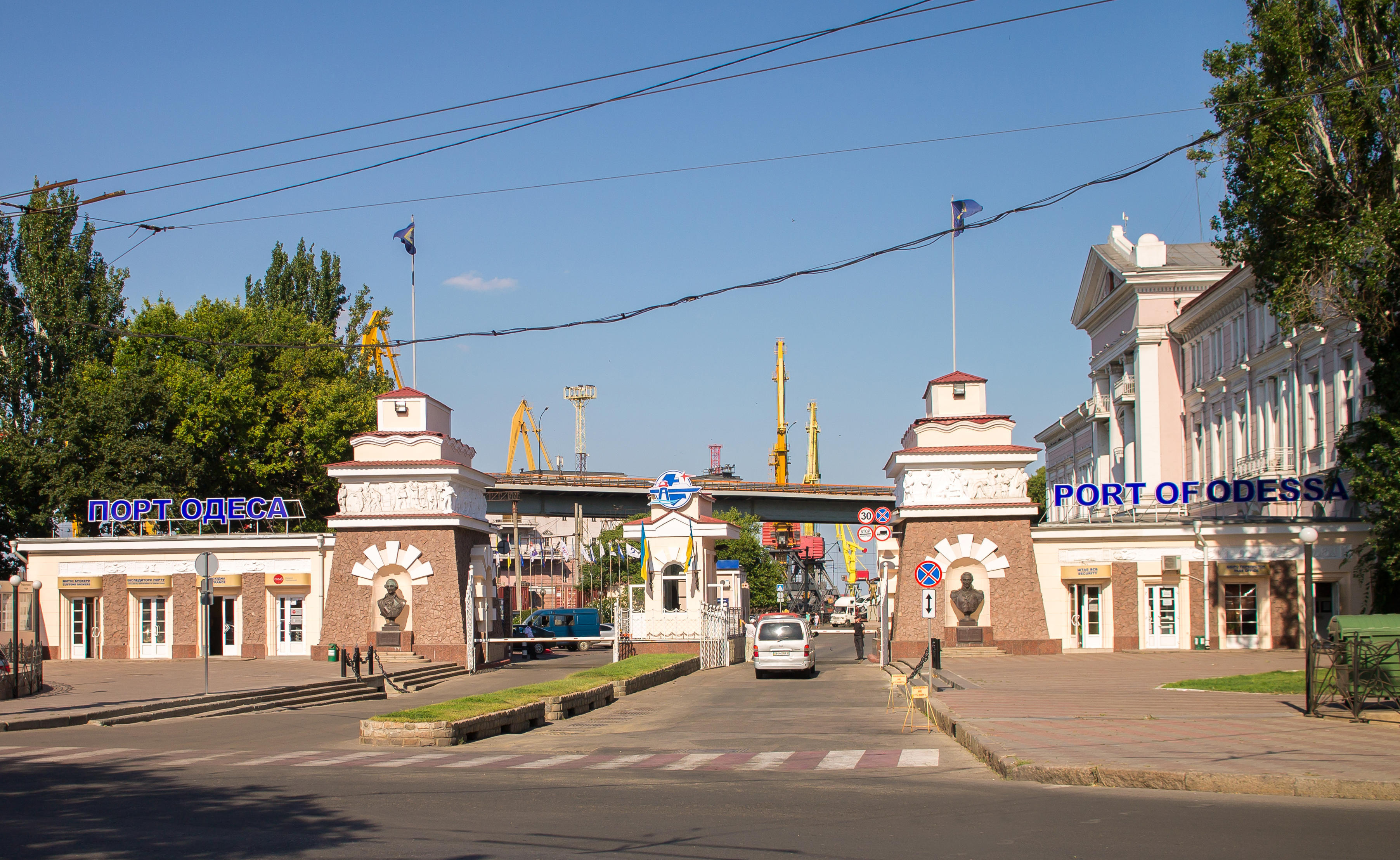Letter from the BPO Secretary General – Remembering Odessa
The Russian invasion is underway in Ukraine. Cities are bombed, civilians are being killed, hundreds of thousands of people are fleeing the war. The Russian army closed shipping in parts of the Black Sea in violation of international law.
According to Lloyd's List Russia has captured two Ukrainian cargo ships, and diverted them to occupied Crimea. Russia's navy has blocked about 100 foreign-flagged ships in Ukrainian ports. Several vessels were fired upon and the cargo ship Helt, belonging to an Estonian owner, sank near the Port of Odessa. Ukraine has called for an extraordinary session of the IMO to protest the Russian aggression and discuss safety threats to the Black and Azov Seas. Ukrainian ports are not working, including the port in Odessa - the largest in the country. Unfortunately, this is a cruel but true picture of the situation in Ukraine.
 In September 2018, I was invited to Odessa for a port conference. Among some recent developments the discussion focused on the integration of the Ukrainian and EU transport systems. From the port passenger terminal, where the conference was held, located on the extension of the famous Potemkin Stairs, spread a beautiful view of the Port of Odessa. The port was teeming with life.
In September 2018, I was invited to Odessa for a port conference. Among some recent developments the discussion focused on the integration of the Ukrainian and EU transport systems. From the port passenger terminal, where the conference was held, located on the extension of the famous Potemkin Stairs, spread a beautiful view of the Port of Odessa. The port was teeming with life.
After the conference hours, I visited the city and the port from the land side. I remember the old entrance gate to the Port of Odessa. The gate, architecturally interesting, but slightly different from the image of a modern port. It was as if the Port of Odessa was undergoing a transformation. On the one hand, a port gate reminiscent of the old times, a bit tired trucks from a bygone era coming in and out, and on the other, modern port facilities and terminals.
At the conference, I met managers from all over the port industry, also from the Ukrainian Sea Ports Authority. They talked about port expansion plans, planned new projects and ways of attracting investors. Conversations and discussions similar to those that are also held in the Baltic Sea region. However, what made them different was the fact that most of them were very young, dynamic, committed and full of enthusiasm. Already then, foreign investors started to appear in Ukrainian ports. The German HHLA from Hamburg became the operator of the port terminal there. Young port managers counted on more to follow.
I remember the evening festivities, being invited to a splendid dinner along a large group of other guests from many corners of Europe. Eastern cuisine, stronger drinks, artistic performances, Ukrainian songs. You could feel that special Ukrainian hospitality and the desire to show your best side. I saw energy and enthusiasm in these young people. I experienced warmth and kindness typical of the Slavs.
I also remember the spirit of Odessa - a beautiful city with a centuries-old trading tradition, multicultural, multilingual. As in every larger port city, also in Odessa you could feel the spirit of freedom, openness to the world, a refreshing wind from the sea.
Now all of this is threatened and might be lost to the war. Could Odessa meet a similar fate as Kyiv and Kharkov? Not even two weeks ago all this would seem unimaginable but unfortunately it can. I pray for the end of this war and hope that the largest port city in Ukraine will soon once again teem with normal life.
Bogdan Ołdakowski, Secretary General, BPO
![Baltic Ports Organization]](/assets/template/img/bpo/logo.png)